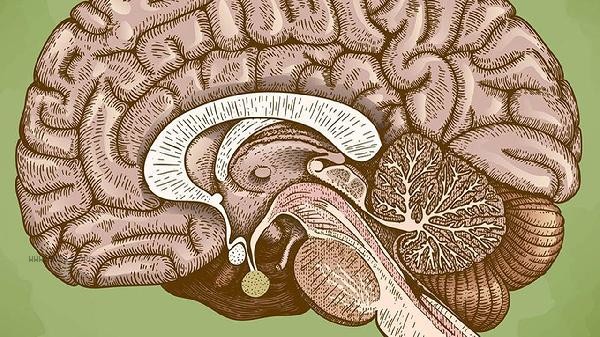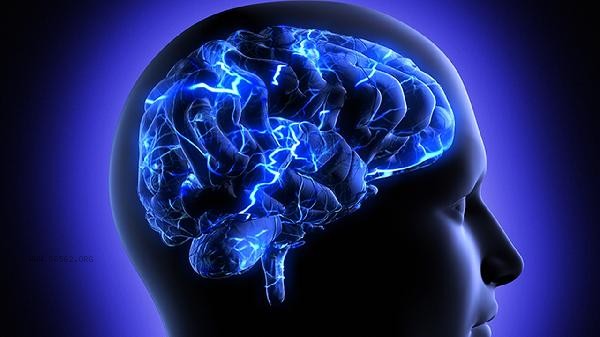The impaired logical thinking function of the brain can be improved through cognitive training, medication treatment, psychological intervention, lifestyle adjustments, nutritional supplementation, and other methods. The impairment of logical thinking function in the brain may be caused by factors such as brain diseases, psychological stress, lack of sleep, malnutrition, chronic diseases, etc.

1. Cognitive Training
Cognitive training helps improve the logical thinking function of the brain, which can be achieved through methods such as Sudoku, board games, and memory training. This type of training can stimulate the connections of brain neurons, enhance logical reasoning and problem-solving abilities. Long term adherence to cognitive training can delay cognitive decline and improve thinking agility. For patients with mild cognitive impairment, cognitive training can be the main intervention method. The training process should be gradual and avoid excessive fatigue.
2. Drug therapy
Drug therapy is suitable for the impairment of logical thinking function caused by brain diseases. Donepezil can be used for cognitive impairment caused by Alzheimer's disease, memantine has a certain therapeutic effect on vascular dementia, and sertraline can improve cognitive delay associated with depression. These drugs should be used under the guidance of a doctor and the dosage cannot be adjusted by oneself. Drug therapy usually requires the combination of other interventions to achieve optimal results. Regular follow-up and evaluation of efficacy are required during medication.
3. Psychological Intervention
Psychological intervention has a significant effect on the decline of thinking function caused by stress or emotional problems. Cognitive behavioral therapy can help change negative thinking patterns, mindfulness training can improve attention and concentration, and psychological counseling can alleviate anxiety and depression. Psychological intervention requires guidance from professional psychologists and usually requires multiple treatments to be effective. Psychological intervention is particularly important for serious psychological problems such as post-traumatic stress disorder. During the intervention process, it is necessary to establish a good doctor-patient relationship.

4. Lifestyle adjustment
Improving lifestyle plays an important role in restoring logical thinking ability. Maintaining a regular daily routine helps with brain repair, moderate exercise can promote blood circulation in the brain, and quitting smoking and limiting alcohol consumption can reduce nerve damage. Ensuring sufficient sleep every day is crucial for cognitive function recovery. Avoiding prolonged use of electronic devices can alleviate brain fatigue. Establishing healthy lifestyle habits requires long-term persistence to be effective.
5. Nutritional supplementation
Proper supplementation of nutrients can help restore brain function. Omega-3 fatty acids have a protective effect on nerve cells, B vitamins participate in neurotransmitter synthesis, and antioxidants can alleviate oxidative stress in brain cells. A balanced diet should include brain boosting foods such as fish, nuts, and dark vegetables. For severely malnourished individuals, nutritional supplements can be used under the guidance of a doctor. Supplementing nutrition should be done in moderation, as excessive intake may have counterproductive effects. The recovery of impaired logical thinking function in the brain requires comprehensive treatment and patient care. In addition to the above methods, it is recommended to maintain a positive and optimistic attitude, and avoid excessive use of the brain and emotional fluctuations. Regular mental activities such as reading and writing can help maintain cognitive function. Pay attention to monitoring basic health indicators such as blood pressure and blood sugar to control the development of chronic diseases. If the symptoms continue to worsen or are accompanied by other neurological symptoms, timely medical examination should be sought. Establishing a healthy lifestyle and dietary habits is equally important for preventing cognitive decline.








Comments (0)
Leave a Comment
No comments yet
Be the first to share your thoughts!